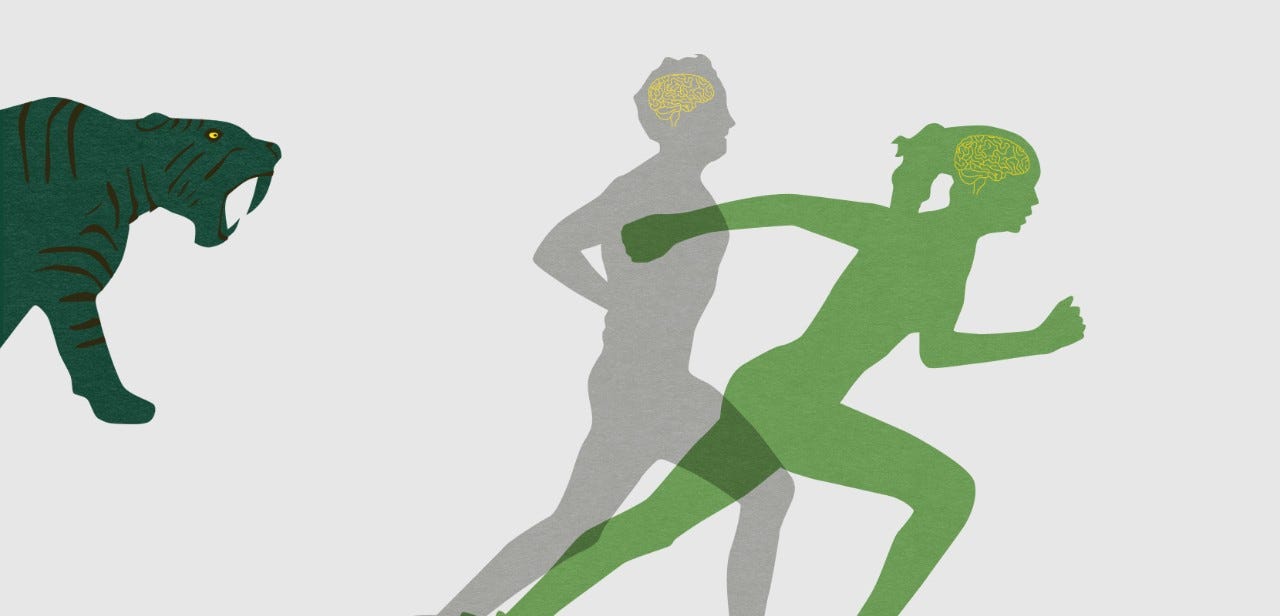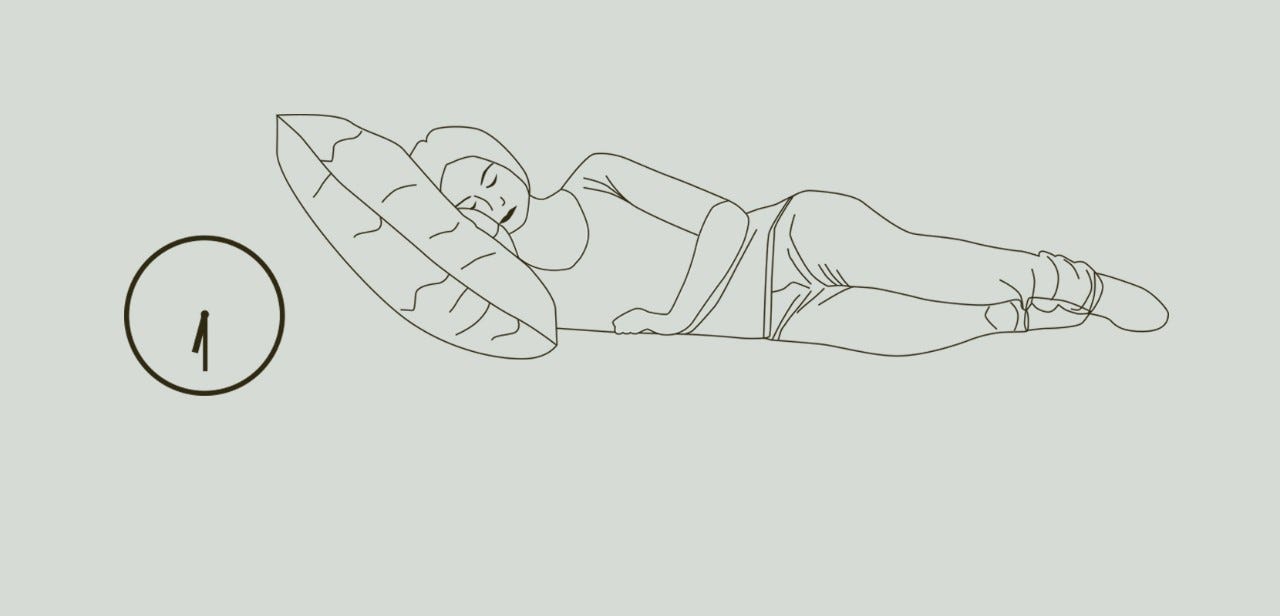What happens in the body when you’re stressed
Because most people are too busy in their daily lives. According to the 2018 Job Stress Index, one in four people in employment in Switzerland are stressed.

Everywhere you look, people these days are stressed out – and stress causes a series of complex reactions in the body. It doesn’t matter whether stress is caused by a packed schedule or a life-threatening situation.
What is stress?
Stress is increased mental and physical tension, which is triggered by external stimuli and causes numerous reactions in the body. Negative stress is a prolonged imbalance between the demands placed on a person and the means by which he or she copes with those demands. If this condition lasts too long, it can lead to health problems.
Stress: The role of the brain
From an evolutionary perspective, stress is key to survival. When people in the Stone Age were confronted with a sabre-toothed tiger, the stress hormones adrenaline and noradrenaline put the body on alert. Fight or flight: With both options, the body had to provide energy and focus its resources within seconds.
Physical reactions to stress
The body’s reactions remain the same today. A short-term increase in energy and performance can also help with the hectic pace of everyday life. The problem of today: Nature has designed four phases of the stress response. First: the alarm phase. The brain has categorised the stimuli absorbed via the sensory organs and classified them as dangerous. Second: the stress phase. Secondly: the stress phase. The stress hormones activate the organism. Thirdly: the action phase. The person fights or flees. Fourth: the relaxation phase. The body can recover and regenerate. The problem today is that we usually skip the last two phases. A third option alongside fight or flight is to freeze. As a result, the body can’t rid itself of stress and it remains in a state of increased activation. This is harmful to health in the long term.
Symptoms – when stress is dangerous
Physical and psychological symptoms caused by stress vary from person to person and depend on a number of factors. Possible long-term consequences of constant stress:
- High blood pressure, vasoconstriction
- Tinnitus, acute hearing loss, increased intra-ocular pressure
- Weight gain
- Increased sensitivity to pain
- Weakened immune system
- Digestive disorders, heartburn
- Stomach and intestinal ulcers
- Head, neck and back pain
- Loss of sex drive, irregular menstrual cycle, impotence
- Forgetfulness, restlessness, tunnel vision, memory loss
- Poor mental health, depressive moods, burnout
No stress isn’t healthy either
Stress isn’t always a bad thing. “Good” stress, known as eustress, briefly activates the same stress reactions, but triggers positive feelings. Eustress, triggered for example by sport or being in love, has an invigorating, performance-enhancing and motivating effect. Moments of happiness increase satisfaction and make people more focused. A moderate amount of stress makes life exciting. No stress at all can make a person feel chronically underchallenged and constantly bored, leading to similar symptoms to someone experiencing a burnout: depression, dejection, listlessness, sleeplessness or stomach problems. Conclusion: A portion of stress is healthy - as long as the limited stress phase is followed by a recovery phase.








